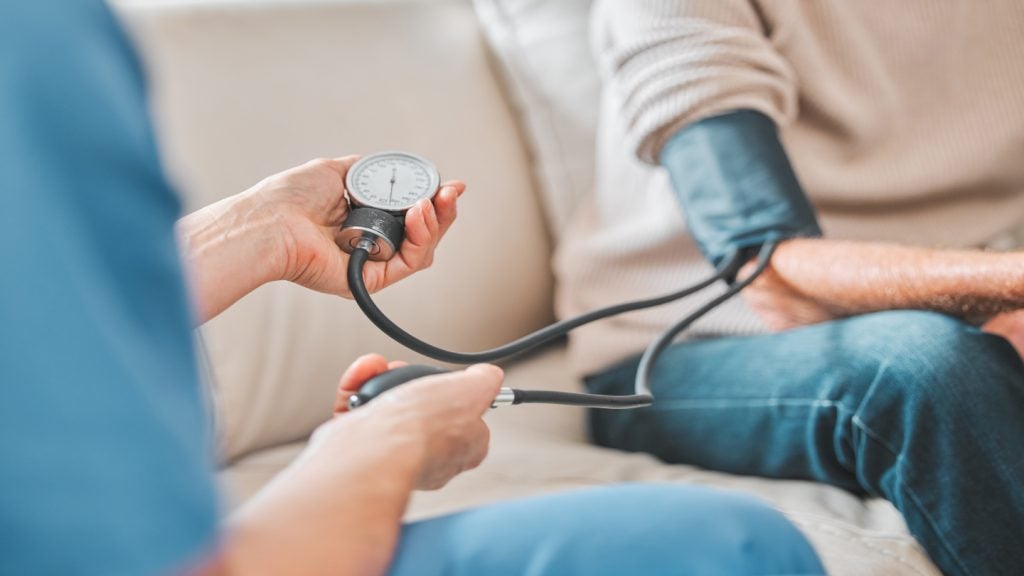Massachusetts-based blood pressure monitoring wearable company Dynocardia has announced that it has been the recipient of a National Institutes of Health (NIH) grant totalling $500k to advance the company’s wrist-mounted device.
Delivered under the body’s Commercial Readiness Pilot (CRP) Program, the grant is aimed at advancing the late-stage development of the company’s ViTrack cNIBP technology, a wearable device that Dynocardia claims can provide accurate and continuous blood pressure monitoring.
Specifically, the funds will be used to complete verification and validation testing and then be taken for a premarketing submission before the US Food and Drug Administration (FDA). The device uses a proprietary optical force sensor to determine the user’s blood pressure levels and other heart function parameters. The $500,000 grant comes in part from the NIH’s National Heart, Lung, and Blood Institute (NHLBI) which has given the company nearly $5.1m over the past three years.
Mohan Thanikachalam, founder of Dynocardia, said: “The continued support of the NHLBI is a powerful vote of confidence regarding the potential for ViTrack technology to significantly change clinical practice and benefit millions of patients globally.
“Accurate and continuous BP monitoring is crucial to ensuring optimal care of critically ill patients as well as millions of people with chronic hypertension, the number one cause of stroke and heart attack around the globe."
The wrist-mounted wearable watch is joining the heavy competition in the US market with California-based medical device giant Masimo having held a grip over the industry after forcing tech giant Apple to redesign their own watches after a California court ruled that its pulse oximeter function infringed on Masimo’s patent.
According to GlobalData forecasts, the wearable tech industry was worth $99.5bn in 2022 and will reach $290.6bn by 2030, expanding at a compound annual growth rate (CAGR) of 14.3% between 2022 and 2030. At the same time, the market for remote patient monitoring software is similarly set to leap to $760m by 2030.
Daniel Sessler, vice president for clinical and outcomes research at UTHealth Houston and investigator in preclinical trials for ViTrack, said: “Routine vital sign monitoring at four to six-hour intervals misses many episodes of dangerously low or high blood pressure. Continuous monitoring will allow clinicians to identify patients who are doing poorly and to intervene to get them back on the path to recovery."
Elsewhere in the market of wearable devices, Happy Health has received approval from the US FDA for its Happy Ring, a clinical-grade wearable smart ring designed to monitor multiple health metrics.









